No respite for war criminals
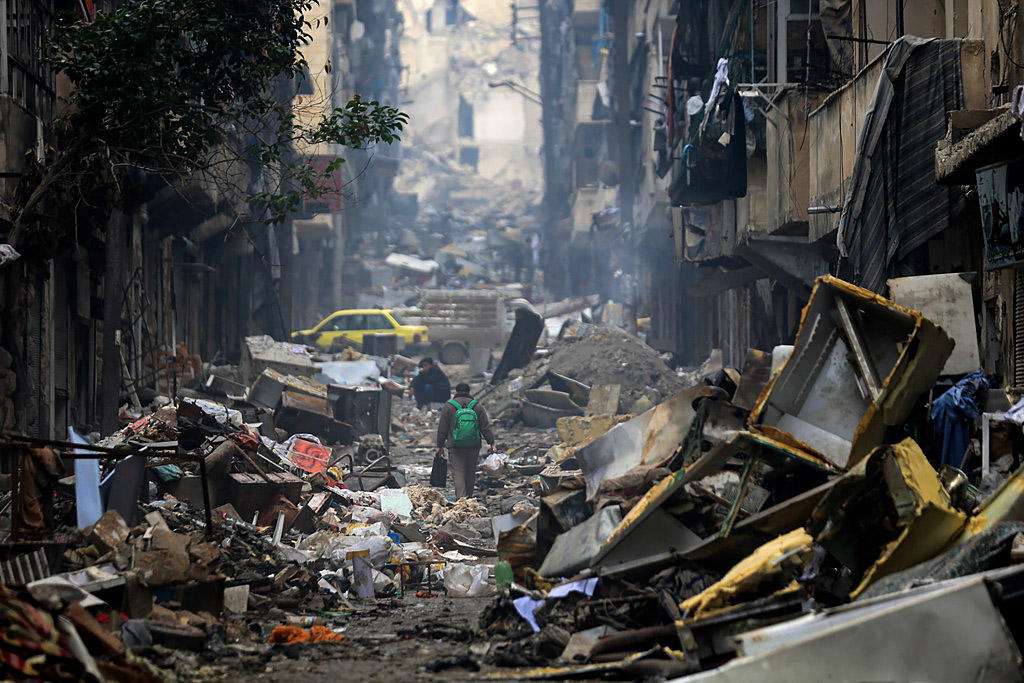
By delving into an ex-Gambian minister’s past, Swiss prosecutors have bucked a recent trend among some nations to undercut the work of the International Criminal Court, the world’s top tribunal for prosecuting war crimes. The founder of a Swiss advocacy group explains.
Philip Grant, who founded TRIAL International, has been helping uncover allegations against Ousman Sonko. Swiss authorities arrested him in late January after he fled Gambia. TRIAL aims to hold people accountable for some of the worst crimes known to humanity that are committed in other countries.
swissinfo.ch: Gambia wants to prosecute the former Gambian interior minister. What do you think?
Philip Grant: If justice can be done at home for the victims that is the best scenario. For Gambia, which is turning the page on an extremely repressive regime, this type of trial can bring enormous benefits for each of the victims and for the reconstruction of the rule of law in this country. Nevertheless, at this stage, it seems more of a wish than a concrete demand. It will take time for the new Gambian government to make a formal request to Switzerland to extradite Sonko.
As the Swiss federal prosecutor’s office has pointed out, there must be a fair trial. Switzerland opposes the death penalty. For the truth to come out, the trial must adhere to international standards for respecting both the accused and alleged victims.
Until Gambia requests extradition to take over the case, Switzerland must pursue the case.
swissinfo.ch: How can Switzerland pursue a case involving Gambia?
PG: It is based on various international conventions, such as the one on torture. Article 6 (of the UN Convention on Torture) obliges the signatory states to investigate, detain and, if necessary, prosecute a person accused of torture even if that person is on foreign soil. Which is what Switzerland did in the Gambian case.
Normally, universal jurisdiction can be applied by all nations that have ratified these conventions on international crimes (notably the Geneva Conventions), i.e., almost all countries. Nevertheless, the countries concerned must ratify these conventions in their national laws and determine under what conditions this universal principle can be exercised.
In Europe, this principle is applied almost weekly. Argentina took on cases about Spanish dictator Franco’s regime.
In Africa, too, things are moving, as the trial in Senegal of former Chadian President Hissène Habré showed.
South Africa has begun to develop cases about Zimbabwe involving the leadership of Robert Mugabe. In Asia and the Arab world, on the other hand, it is more complicated.
swissinfo.ch: South Africa, however, announced its intention to withdraw from the International Criminal Court (ICC).
PG: In South Africa, a high court has just ruled that the government cannot leave the ICC [on March 7 formally revoked its withdrawal from the ICC after its High Court blocked the government’s bid to pull out of the Hague-based war crimes tribunal]. The new Gambian government cancelled the previous regime’s decision to leave the ICC. And, on the continent, the domino effect did not happen. So far, Burundi is the only country to have left.
The construction of an international legal regime to combat impunity is always difficult, with advances and setbacks. We have witnessed everything from absolute impunity to the creation of super courts as the solution to everything, to the establishment of universal jurisdiction, which in some cases went too far, such as in Spain or Belgium, before limiting its scope.
Today, those fighting against impunity, especially NGOs like ours, are adopting a combative but reasonable approach. We no longer think, for example, that a court can judge former US President George W. Bush for violent acts in the name of counterterrorism. By focusing on a certain number of files, moving systematically, we set the main principles and the rules that one day can apply to someone like him.
Portugal just arrested a CIA officer convicted in absentia in Italy for kidnapping an imam as part of a clandestine program the United States set up after the September 11 attacks. Portugal should extradite the officer to Italy.
swissinfo.ch: Does international justice inexorably overcome resistance?
PG: Regarding the ICC, only Burundi withdrew. It is far from a hemorrhage. However, other withdrawals are possible, like the Philippines, whose president, Rodrigo Duterte, the ICC might target.
Judges’ frustration over UN Security Council vetoes by Russia and China explains why some nations have found a renewed vigor for exercising universal jurisdiction. But the ICC will never judge the atrocities in Syria.
Some European nations, particularly those that host Syrian refugees, decided to act on this issue. Several European prosecutors say their actions show the need for basic justice.
However, there is still a lack of coordination toward Syria: the prosecutors must exchange more information and there could be better use of numerous efforts to document crimes in Syria.
To get around the Security Council vetoes, the UN General Assembly adopted a resolution in December to help investigate the most serious crimes committed in Syria. It will start in a few weeks in Geneva as part of the Office of the United Nations High Commissioner for Human Rights.
Whenever an obstacle arises, there are initiatives developed to remedy it. More and more victims will eventually catch up with abusers.
Translated from French by John Heilprin

In compliance with the JTI standards
More: SWI swissinfo.ch certified by the Journalism Trust Initiative

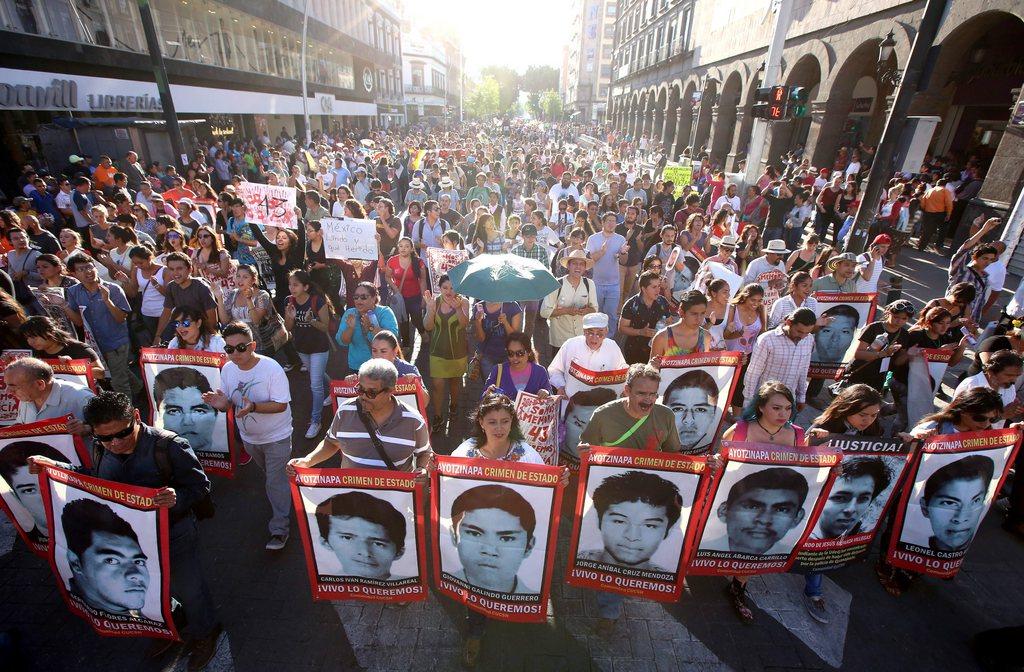
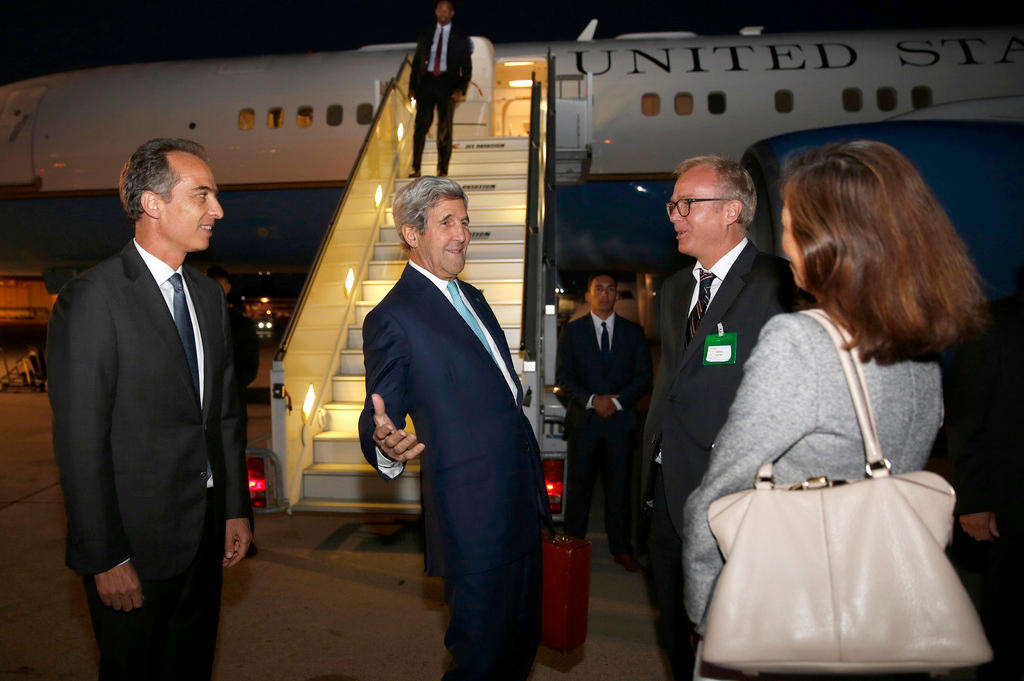
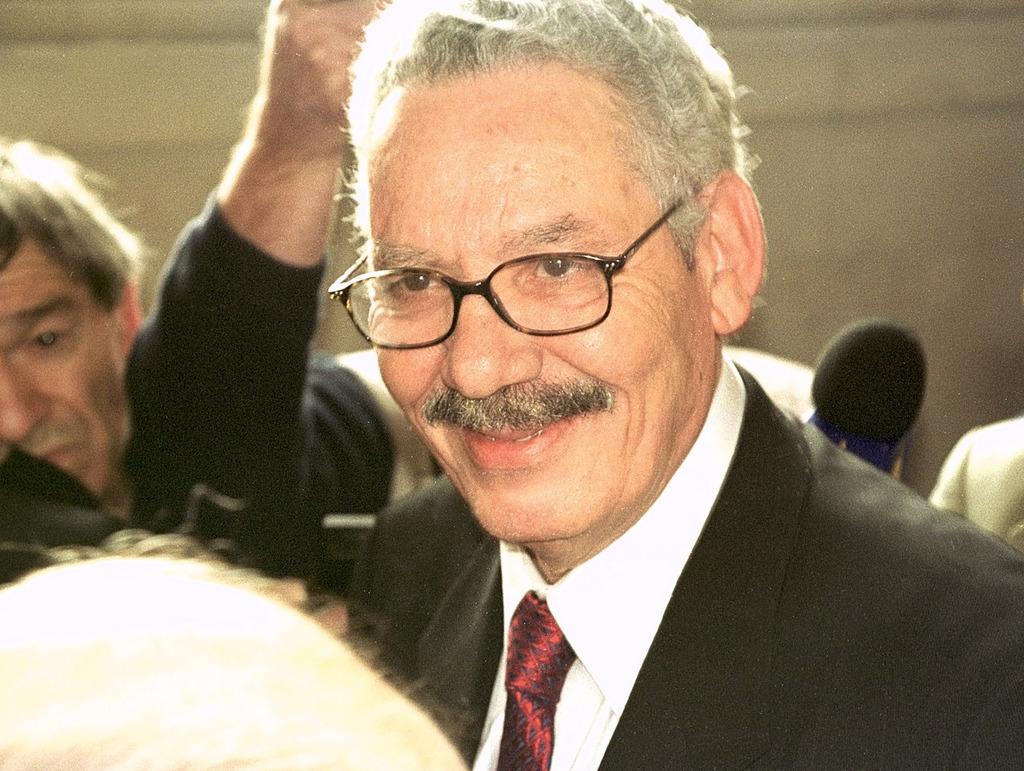
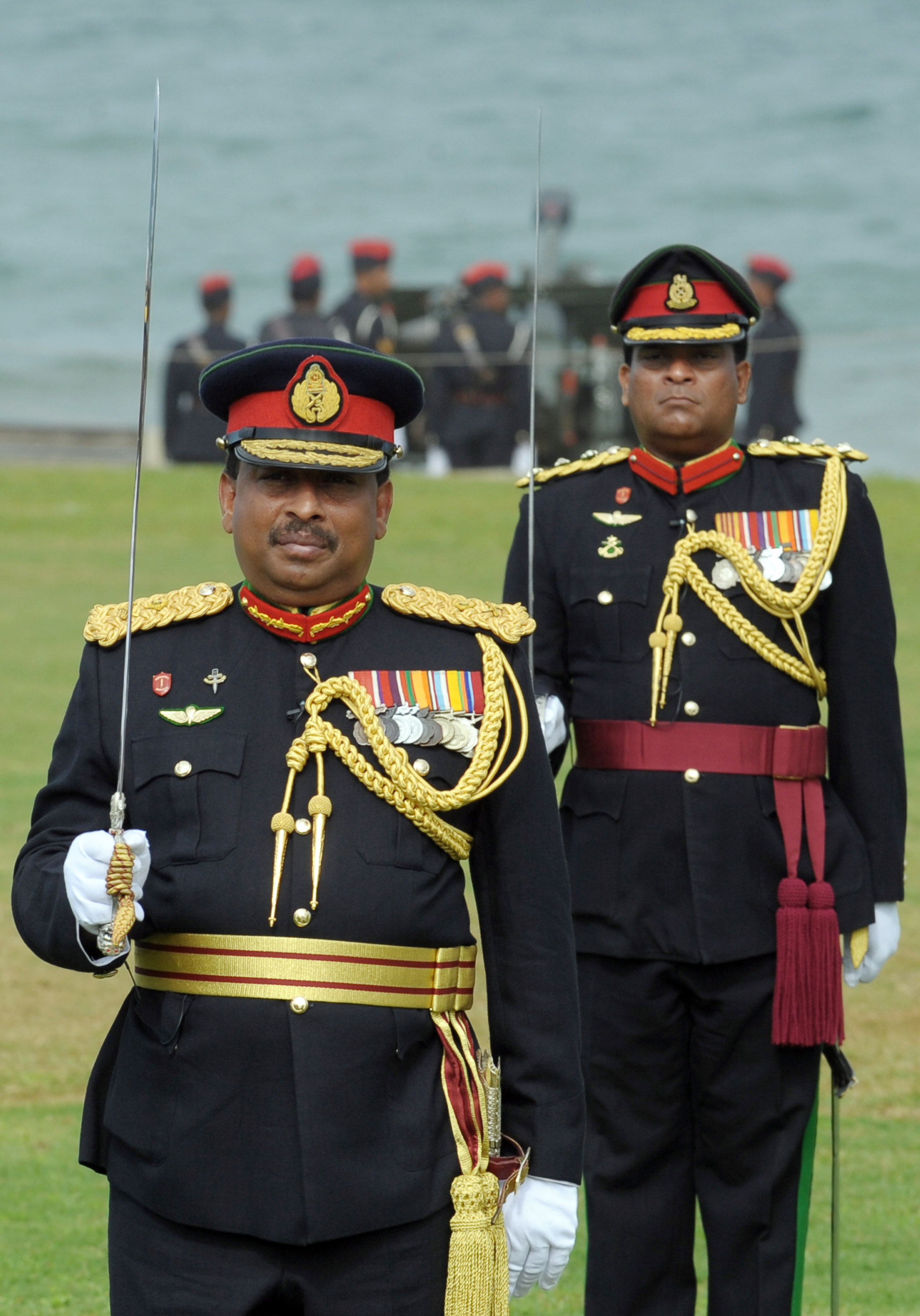
You can find an overview of ongoing debates with our journalists here. Please join us!
If you want to start a conversation about a topic raised in this article or want to report factual errors, email us at english@swissinfo.ch.